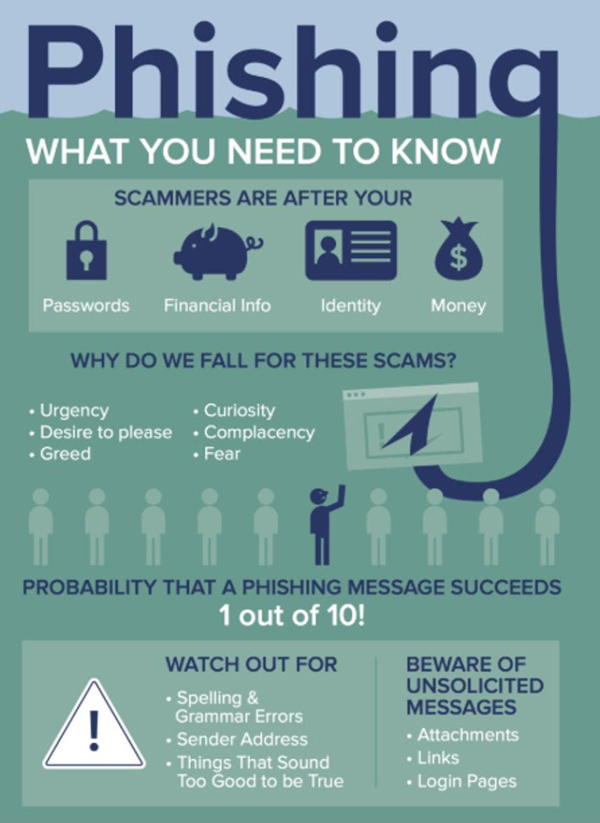Phishing prevention tips
Hey everyone!
Protect Yourself from Phishing Scams
In today's digital age, it's important to stay vigilant and protect yourself from any potential online threats. One of the most common online scams that we should all be aware of is phishing. Phishing is when malicious individuals try to deceive you into sharing sensitive information, such as passwords or credit card details, by posing as a trustworthy entity. But fret not, because we've got some essential phishing prevention tips to help you stay one step ahead!
Beware of Suspicious Emails
One of the most common ways phishing attacks occur is through email. So, it's crucial to be cautious when opening emails from unknown senders or those that appear suspicious. Always double-check the sender's email address, and if you notice any inconsistencies or spelling mistakes, it's best to delete the email right away. Remember, legitimate organizations will never ask you to share sensitive information via email.

Stay Protected with Strong Passwords
We cannot stress enough how important it is to have strong, unique passwords for all your online accounts. Avoid using simple passwords like "password" or "123456" as they can be easily cracked. Instead, go for a combination of uppercase and lowercase letters, numbers, and special characters. It's also wise to use a reputable password manager to keep track of all your passwords securely.

Double-Check URLs and Websites
Phishing attempts often involve creating fake websites that look identical to legitimate ones. Always verify the URL of the website before entering any sensitive information. Look for the secure "https://" prefix and ensure that the website address is spelled correctly. Moreover, avoid clicking on links provided in suspicious emails or messages, as they may redirect you to fraudulent websites.
Be Wary of Urgent Requests
Scammers often play on our emotions and try to create a sense of urgency to trick us into taking immediate action. If you receive an email or message asking for urgent personal or financial information, take a step back and analyze the situation. Legitimate organizations typically won't require instant responses or threaten severe consequences if you don't comply. When in doubt, contact the organization directly through their official channels.
By following these phishing prevention tips, you can significantly reduce your risk of falling victim to scams. Remember, your online security is in your hands, so stay vigilant and stay safe!